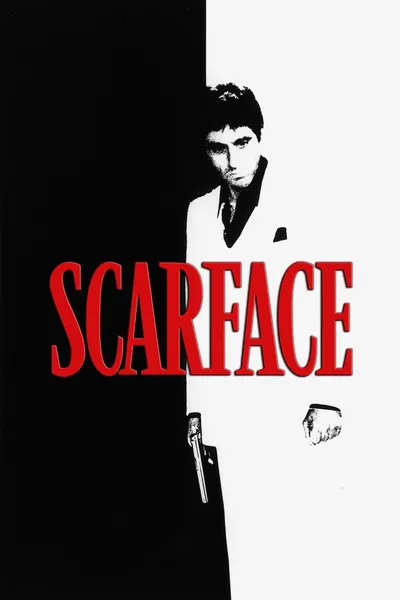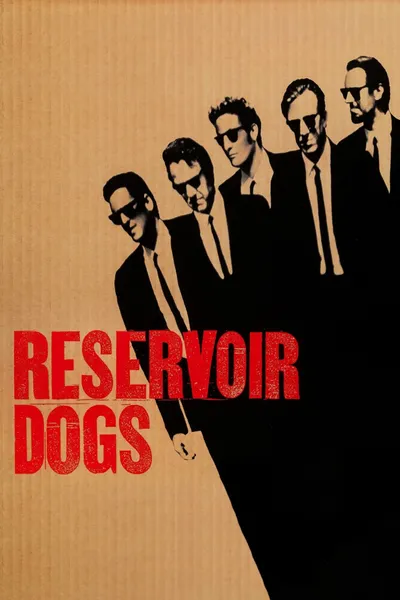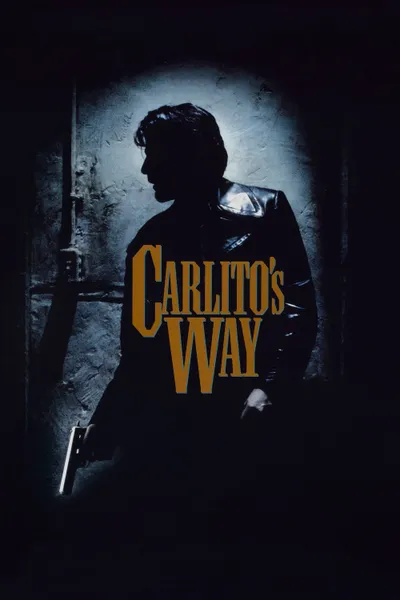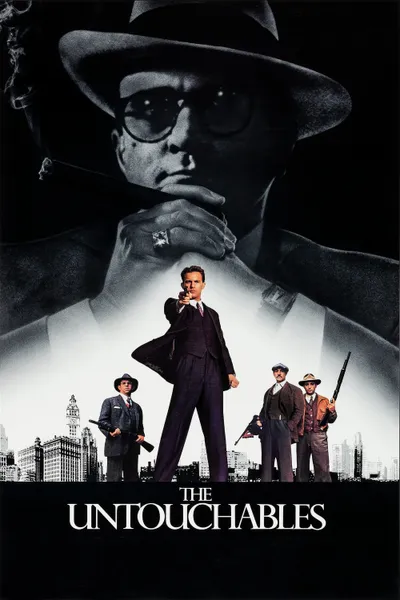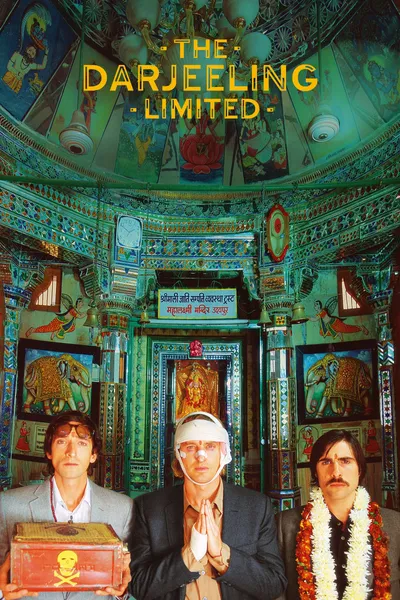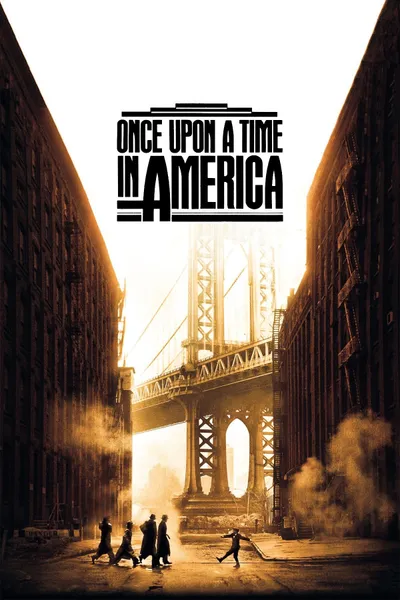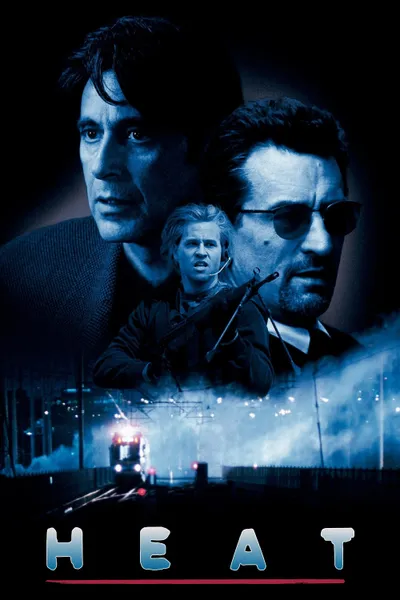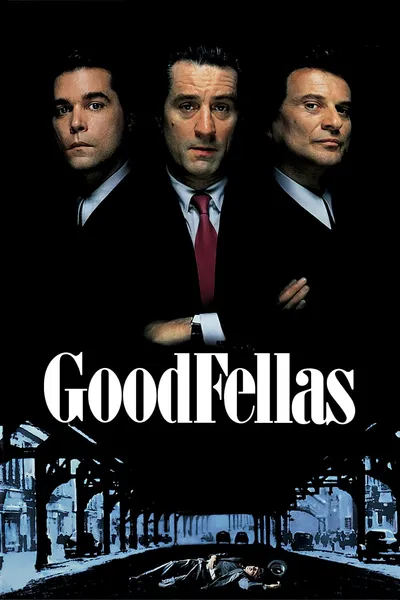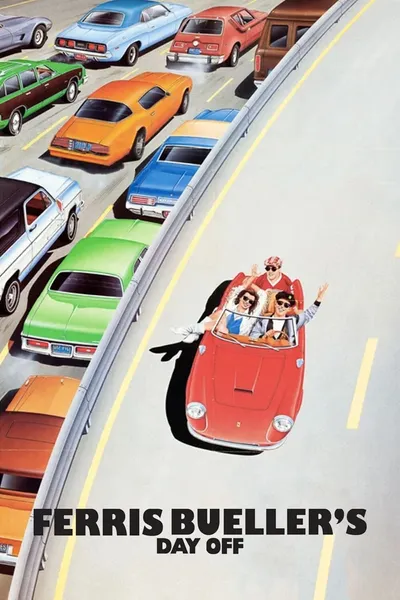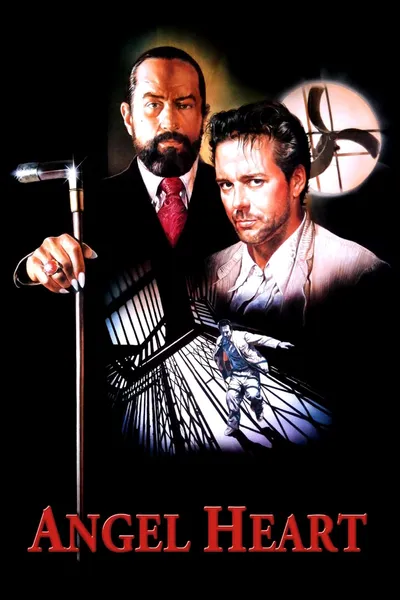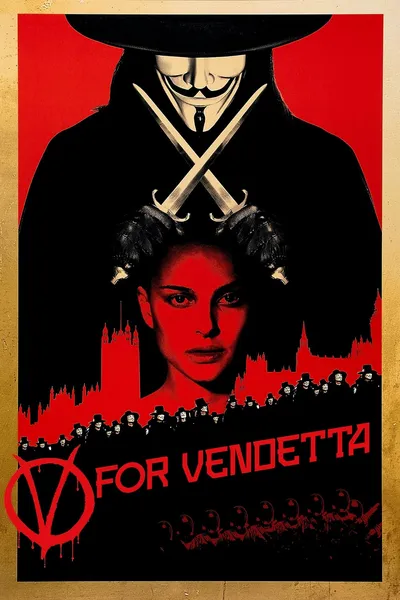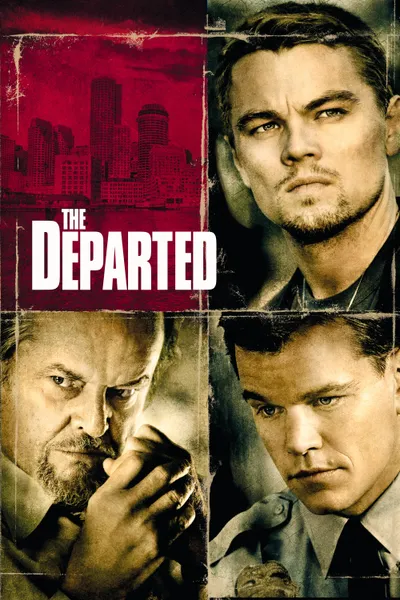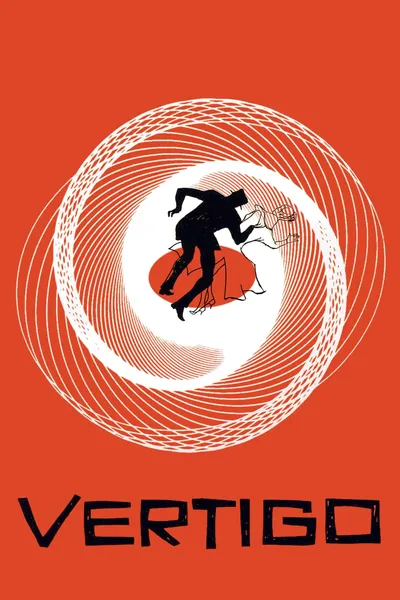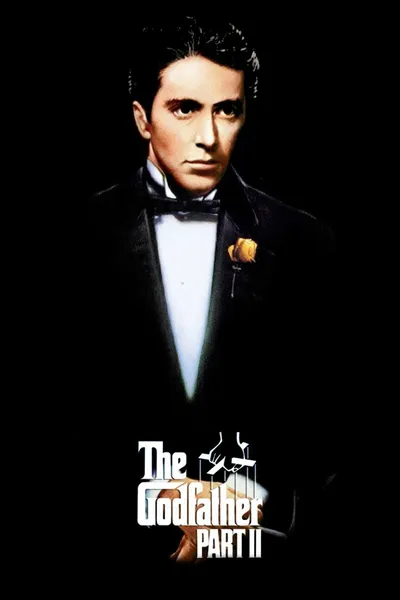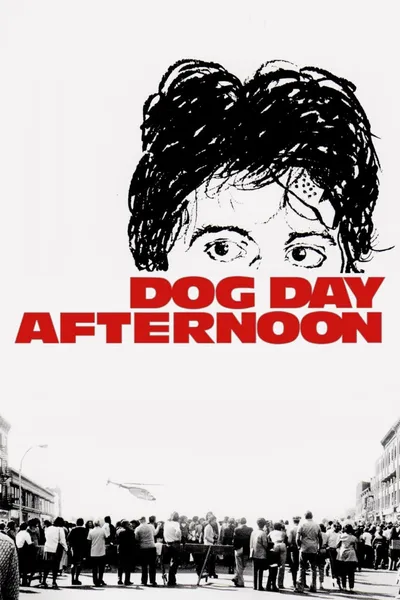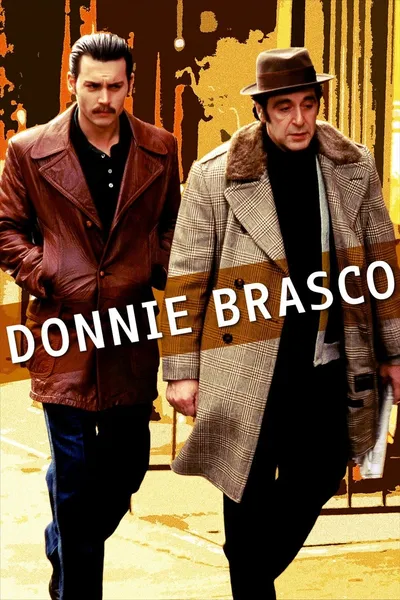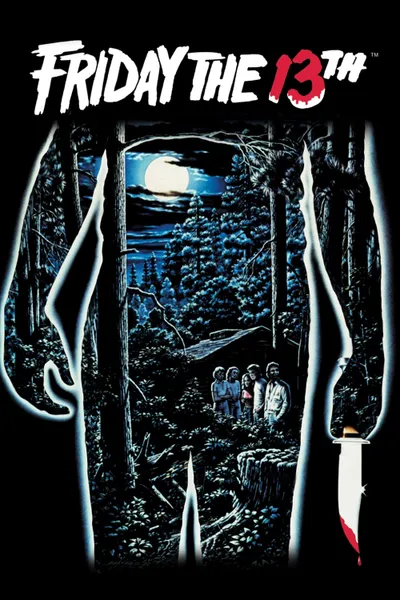Reviews



JPV852
October 23, 20199.0
Immensely great crime-drama that features some great performances and excellent writing from Oliver Stone (and this coming from someone who isn't a big fan of his) to the direction by Brian De Palma. The score is great though still love the song "Take It to the Limit" during the money laundering scene. Still a few slots below the likes of The Godfather and Heat, yet still a amazing film that holds up so well. **4.5/5**

CinemaSerf
June 8, 20236.0
Despite all the hype and plaudits, I don't think this film is as good as Paul Muni's 1932 iteration. That's not to say it isn't a good film, nor that Al Pacino doesn't turn in a good effort - it's that it is all so brash. The language and action has no subtlety or finesse to it. It glorifies violence - it's not just that it is a necessary evil in the world in which "Tony Montana" works, it just comes across as if there was nothing in the script and the film had to be padded out somehow - so let's shove in some more brutality. There is precious little sophistication with the characterisation either - and after a while that all just grates. Top drawer production and scoring, though - and some fine supporting efforts from Robert Loggia and Steven Bauer but for me it was all just a bit in my face when just a little more effort and better scripting could have improved it no end. Good, but not great.

Filipe Manuel Neto
October 28, 20235.0
**A very violent film about drug trafficking and paranoia, with a great cast and a great production, but where everything is histrionic and exaggerated.**
I caught this film yesterday on television and decided to watch it in full. I had already heard about it, and the good dramatic performance that Al Pacino had, and so I decided it was time to see for myself. Directed by Brian de Palma, it marked its time, but is currently somewhat forgotten. It's understandable: in addition to the gratuitous violence and the crudeness with which it approaches the topic of drug trafficking, we don't have any character here that we are capable of liking, and this puts a wall between the film and the viewer.
Brian de Palma is a very solid director. Unfortunately, I didn't see as many of his films as I would have liked: I really liked “Carrie”, which for me is his masterpiece so far, and “Untouchables”. In this film, he did a very competent job, especially from a technical point of view, but the film has no soul and, after a while, it just seems like pure carnage. The chainsaw scene, as well as the final shootout, are worthy of an anthology.
Technically, the film is impeccable and has luxurious production touches: the cinematography is beautiful, it highlights the sun and brightness of Florida very well and gives us a real feeling of the tropical climate. The sets and costumes not only fit well into the decade, but also manage to emphasize the characters' sense of nouveau riche and fast ascent. Of course, it's absurdly kitsch, even the soundtrack tells us that! However, we can't expect anything else from characters with no taste, no culture, no education and tons of money to show off! However, I will agree if someone tell me that the film is too long, with some scenes a bit incidental or unbelievable (that scene where Gina, enraged, gives herself sexually to her brother, was a good example). With little effort, about half an hour could have been removed from this film, making it more palatable.
The film's script is based on a remake of an original from 1932, which very few people know, and which was made by Howard Hughes. Perhaps the name of this film is slightly inspired by the figure of Al Capone, who had the unflattering nickname of “scarface”. In one of the most notable performances of his career, Al Pacino is histrionic, unpleasant and paranoid to the extreme. The intentional exaggeration may be off-putting, but it seems to be in line with a film where everything is exaggerated. However, I don't consider this to be one of the actor's best, I enjoyed seeing him in other roles. Robert Loggia and Steven Bauer provide very happy support, but Michelle Pfeiffer has little to do other than look sexy and vain. However, Mary Elizabeth Mastrantonio and F. Murray Abraham have frankly underutilized characters.
Recommendation Movies
Reservoir Dogs1992
Carlito's Way1993
The Untouchables1987
Amadeus1984
The Darjeeling Limited2007
Once Upon a Time in America1984
Heat1995
GoodFellas1990
Taxi Driver1976
Apocalypse Now1979
Ferris Bueller's Day Off1986
Angel Heart1987
V for Vendetta2006
The Departed2006
The Godfather1972
Vertigo1958
The Godfather Part II1974
Dog Day Afternoon1975
Donnie Brasco1997
Friday the 13th1980
© 2025 MoovieTime. All rights reserved.Made with Nuxt
